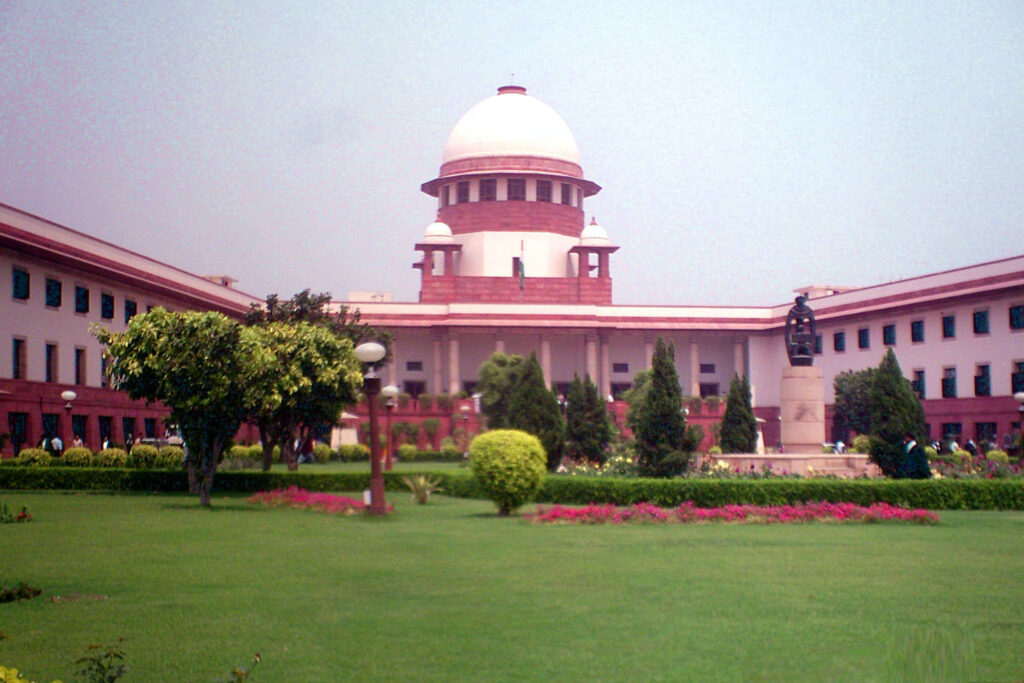Umar Khalid, a former JNU student and activist, has been embroiled in a legal battle for over three years, ever since his arrest in September 2020 under the stringent Unlawful Activities (Prevention) Act (UAPA) in connection with the February 2020 Delhi riots. His quest for bail has been met with a series of adjournments and setbacks in the Supreme Court, highlighting the complexities of the case and raising concerns about the prolonged incarceration of an undertrial prisoner.
The Charges and the Arrest
Accused of being part of a larger conspiracy behind the Delhi riots, Khalid faces charges under various sections of the Indian Penal Code and the UAPA. The Delhi Police allege that his speeches and activism incited violence during the protests against the Citizenship Amendment Act (CAA) and the National Register of Citizens (NRC). However, Khalid maintains his innocence and denies any involvement in the riots.
The Journey Through the Courts: Umar Khalid
Khalid’s initial bail plea was rejected by the Karkardooma Court in March 2022, followed by a similar rejection by the Delhi High Court in October 2022. The High Court cited the “prima facie” nature of the accusations against him and the alleged connection to the riots as grounds for denying bail.

Undeterred, Khalid approached the Supreme Court in April 2023, seeking bail and challenging the High Court’s decision. Since then, his bail plea has been heard by various benches of the Supreme Court, but a final verdict remains elusive.
A Timeline of Adjournments
- May 18, 2023: The Supreme Court issues notice on the bail plea, seeking a response from the Delhi Police within six weeks.
- July 12, 2023: The Delhi Police requests more time to file their reply, citing the voluminous chargesheet. The hearing is adjourned to July 24.
- July 24, 2023: Khalid’s counsel seeks an adjournment, and the hearing is postponed by a week.
- August 9, 2023: Justice Prashant Kumar Mishra recuses himself from the case, leading to another adjournment.
- August 17, 2023: Despite the recusal, the case is initially listed before the same bench but later dropped from the cause list.
- August 18, 2023: The hearing is adjourned for two weeks, highlighting the need for a dedicated hearing on a non-miscellaneous day.
- September 5, 2023: The hearing is postponed due to the unavailability of Khalid’s counsel, Kapil Sibal. Justice Trivedi expresses disapproval, emphasizing the importance of hearing the plea without delay.
- September 12, 2023: The Supreme Court admits the bail plea but agrees to hear it after four weeks, allowing for a thorough review of the evidence.
- October 12, 2023: Citing paucity of time, the hearing is adjourned to November 1. Sibal pleads for an immediate hearing, arguing that the accusations are vague and the trial court has yet to frame charges.
- November 29, 2023: The hearing is adjourned again due to the unavailability of both Sibal and the Additional Solicitor General representing the Delhi Police. The next hearing is scheduled for January 10, 2024.
Concerns and Implications:
The repeated adjournments have raised concerns about the prolonged detention of Khalid without trial. Critics argue that the UAPA’s stringent bail provisions, which place the burden of proof on the accused, make it difficult to secure bail, even in cases where the charges are contested.
Also Read: Supreme Court Slams Gujarat Police for Public Flogging, Questions Their Authority
Furthermore, the delay in framing charges against Khalid raises questions about the fairness and efficiency of the judicial process. With each passing day, the uncertainty surrounding his case grows, impacting not only his personal liberty but also his ability to defend himself effectively.
The Road Ahead:
The Supreme Court is expected to hear Khalid’s bail plea on January 31, 2024. The upcoming hearing will be crucial in determining his fate and the direction of the case. Whether the Court will finally grant him bail or subject him to further detention remains to be seen.